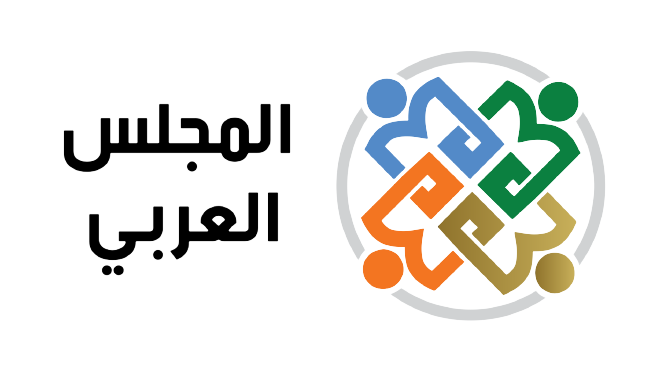Media serves as a tool for delivering messages, and these messages shape consciousness, which in turn reflects on behavior. During the workshop, we quickly analyzed the Arab media landscape and concluded that media often focuses on democracy solely from a political perspective. There is a real need to produce media content that contributes to instilling democratic thought and culture within all segments of society, particularly among young people. This includes teaching the values of democracy in various contexts, such as family discussions, students’ rights, participation in student elections, extracurricular activities, and clubs.
Another key point was the importance of utilizing modern technologies to produce content that supports democracy. This involves enhancing how content is created, presented, and how algorithms are used. Organizing training sessions and exchanges between media outlets to share best practices is also crucial.
It was observed that after the Arab Spring, both local and international media outlets operating in the Arab region faced challenges in reaching audiences, largely because many people perceived these institutions as representing particular ideologies or interests. This calls for new strategies to engage audiences, regardless of the preconceptions they may have about these media institutions.
Furthermore, with the advent of digital media, many outlets and journalists have unintentionally fallen into the traps of disinformation. This can undermine the credibility of media organizations and journalists, making it essential to emphasize that credibility should be the cornerstone of media work and messaging.
The last decade since the Arab Spring has also witnessed the emergence of a new generation, one that has little knowledge of the struggles for democratic transformation. This highlights the need to document the experiences of the activists and martyrs of the Arab Spring who contributed to the democratic transition. One proposed solution is to create an online electronic museum to preserve these vital stories.
Given the difficulties and risks faced by journalists outside their home countries due to rampant authoritarianism, there is also a strong need to create a media platform that brings together democratic advocates and offers them space to cooperate, network, and support democratic thought. Additionally, we discussed the importance of not only defending democracy but also protecting journalists themselves. The need to defend journalists as individuals, ensuring their safety and freedom of expression, is just as critical.


